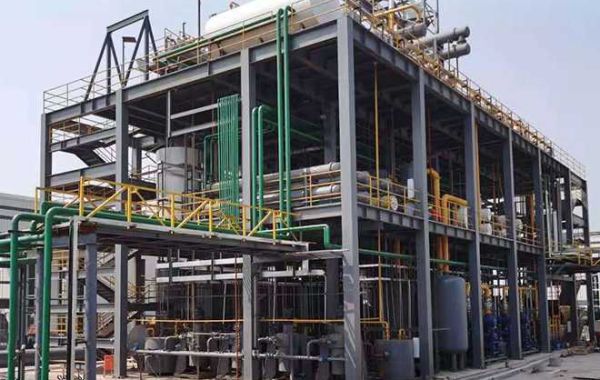Among the myriad of strategies to achieve these ambitious goals, waste oil recovery emerges as a critical component.
Understanding the Problem: Waste Oil
Waste oil, a byproduct of various industrial and commercial activities, poses a significant threat to the environment. Improper disposal can contaminate soil and water bodies, harming ecosystems and human health. Furthermore, it is a valuable resource that, when recovered and processed, can be transformed into useful products.
The Role of Waste Oil Recovery in Achieving the SDGs
Waste oil recovery contributes to several SDGs:
SDG 3: Good Health and Well-being: By preventing pollution and reducing the risk of exposure to harmful substances, waste oil recovery protects human health.
SDG 6: Clean Water and Sanitation: Proper disposal of waste oil safeguards water resources, ensuring access to clean water for communities.
SDG 7: Affordable and Clean Energy: Waste oil can be recycled into various energy products, contributing to a cleaner energy mix.
SDG 12: Responsible Consumption and Production: Recycling waste oil promotes circular economy principles, reducing resource depletion and waste generation.
SDG 13: Climate Action: By reducing the need for virgin oil production, waste oil recovery helps mitigate greenhouse gas emissions.
SDG 15: Life on Land: Protecting soil and water bodies through proper waste oil management contributes to the health of terrestrial ecosystems.
How Waste Oil Recovery Works
The waste oil recovery process involves several steps:
Collection: Waste oil is collected from various sources such as automotive workshops, industrial facilities, and restaurants.
Transportation: The collected oil is transported to recycling facilities in a safe and environmentally responsible manner.
Purification: The waste oil undergoes a purification process to remove contaminants and impurities.
Reprocessing: The purified oil is reprocessed into various products, including base oils, lubricants, and fuel additives.
The Benefits of Waste Oil Recovery
Beyond its contribution to the SDGs, waste oil recovery offers several benefits:
Economic growth: Creates jobs and stimulates the economy through the recycling industry.
Resource conservation: Reduces the demand for crude oil and other virgin resources.
Environmental protection: Prevents soil and water pollution, protecting ecosystems.
Energy security: Contributes to a more diversified energy mix.
Conclusion
Waste oil recovery is a powerful tool in the pursuit of a sustainable future. By addressing environmental challenges, contributing to economic growth, and promoting resource efficiency, it aligns perfectly with the Sustainable Development Goals. As the world strives to build a more resilient and equitable planet, investing in waste oil recovery is a step in the right direction.







